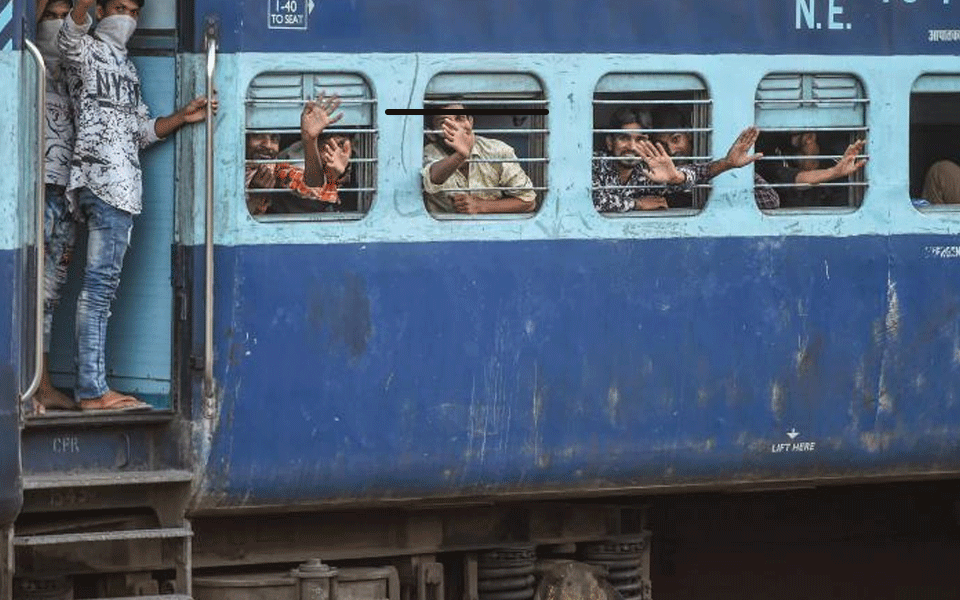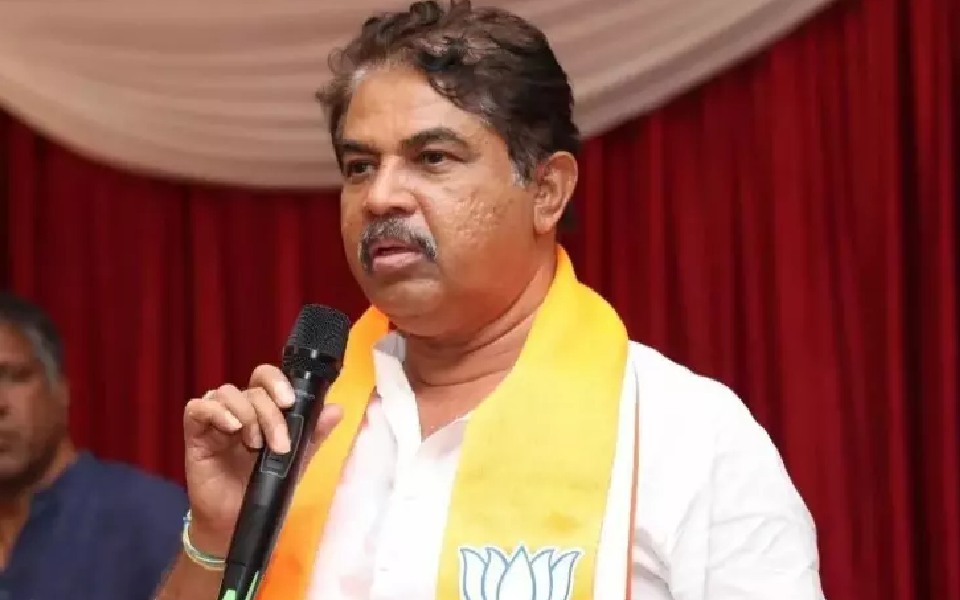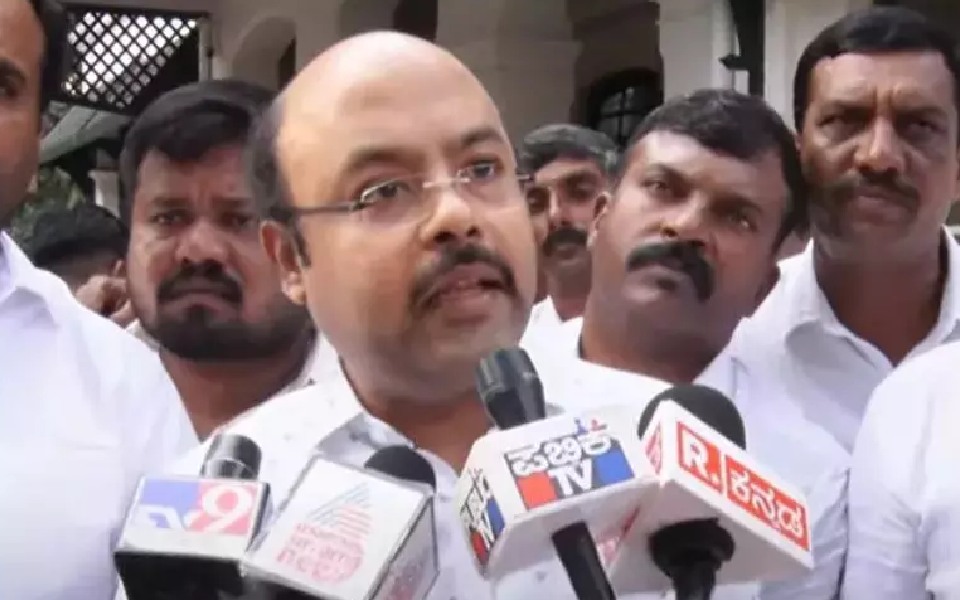New Delhi(PTI): The government has no proposal under its consideration for the merger of the Konkan Railway with the Indian Railways, the Lok Sabha was informed on Wednesday.
Union Minister of State for Railways Raosaheb Patil Danve said the Konkan Railway is a corporation (public sector unit) and the central government has always been helping it.
At present, there is no proposal to merge the Konkan Railway with the Indian Railways, he said during Question Hour.
The Konkan Railway connects Mumbai with Mangalore. The 741-kilometre line passes through Maharashtra, Goa and Karnataka along the western coast.
Referring to various railway projects, Danve said the projects are sanctioned Zonal Railway-wise and not State-wise, as Indian Railway's projects may span across state boundaries.
However, as on April 1, 2021, 35 projects (16 New Line, 2 Gauge Conversion and 17 Doubling) costing Rs 91,137 crore for 6,142 km length falling fully or partly in Maharashtra are under different stages of planning or approval or execution, out of which 906 km length has been commissioned and an expenditure of Rs 18,008 crore incurred up to March, 2021, he said.
Let the Truth be known. If you read VB and like VB, please be a VB Supporter and Help us deliver the Truth to one and all.
Bengaluru: Leader of the Opposition R. Ashoka launched a scathing attack on MLC Dr. Yathindra, demanding that he retract his controversial statement comparing Chief Minister Siddaramaiah to the late Maharaja Nalwadi Krishnaraja Wadiyar. Ashoka urged Yathindra to apologize to the people of Karnataka if he had even a shred of conscience and any respect for the Mysuru royal lineage.
In a strongly worded social media post on Sunday, Ashoka stated, “Comparing Siddaramaiah to Nalwadi Krishnaraja Wadiyar is nothing short of absurd. Where is Nalwadi, who was bestowed the title of ‘Rajarshi’ by Mahatma Gandhi himself, and where is Siddaramaiah, who has stooped to being a puppet in the hands of fake Gandhis for the sake of power?”
He continued his critique by contrasting the enduring legacy of Nalwadi, remembered fondly by Kannadigas for his people-centric development, with what he termed as Siddaramaiah’s failure to manage Karnataka’s economy, burdening every household with debt.
Ashoka highlighted several stark differences, while Nalwadi built Mysore University over a century ago, Siddaramaiah is shutting down nine universities due to lack of funds. Nalwadi famously sold his family’s gold to build the KRS dam, whereas Siddaramaiah is accused of grabbing 14 sites meant for the public. Nalwadi established Bhadravati Iron & Steel Plant, Sandalwood Soap Factory, and Mysore Paper Mills. In contrast, Ashoka claimed Siddaramaiah's governance drove away industries, investors, and entrepreneurs. Nalwadi pioneered reservations for the backward classes long before it became mainstream. Siddaramaiah, Ashoka alleged, is reducing social justice to a gimmick by sticking labels on doors in the name of surveys.
While acknowledging Yathindra’s emotional attachment to his father, Ashoka emphasized that comparing Siddaramaiah to a visionary like Nalwadi was “laughable, baseless, and a gross insult” to the late king.
In his concluding remarks, Ashoka slammed the government for ignoring farmers’ needs despite an early monsoon. He accused the administration of being caught up in internal power struggles and negligence, forcing farmers into despair. “This government will not be spared from the curse of the farmers,” he warned.





